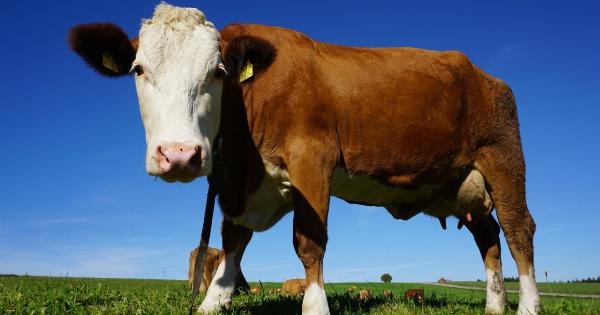Parkinson’s disease, a long-term degenerative disorder of the central nervous system that mainly affects the motor system, affects millions of people worldwide.
While there is no cure for the disease, there are ways to reduce the risk of developing it. One of the ways is to consume a healthy diet. In recent years, the role of dairy intake in the risk of Parkinson’s disease has been the subject of controversy.
Some studies have suggested that consuming dairy products can increase the risk, while others have found no association. This article explores the current research on dairy intake and the risk of Parkinson’s disease.
What is Parkinson’s disease?
Parkinson’s disease is a slow, progressive disorder of the nervous system that affects movement. It is caused by the loss of dopamine-producing cells in the brain. Dopamine is a neurotransmitter involved in regulating movement, mood, and reward.
The symptoms of the disease develop gradually and worsen over time. They include tremors, stiffness, slow movement, and poor balance and coordination.
The role of diet in Parkinson’s disease
While the exact cause of Parkinson’s disease is unknown, there are several risk factors associated with it. These include age, genetics, environmental toxins, and lifestyle factors such as diet and physical activity.
There is growing evidence that diet plays an important role in the development of Parkinson’s disease. In particular, consuming a healthy diet rich in fruits, vegetables, whole grains, and lean protein is associated with a reduced risk of the disease.
The controversy over dairy intake and Parkinson’s disease
The role of dairy intake in the risk of Parkinson’s disease has been a subject of debate in recent years. Some studies have suggested that consuming dairy products, particularly milk, can increase the risk of Parkinson’s disease.
For example, a study published in the journal Neurology in 2017 found that people who consumed at least three servings of milk per day had a higher risk of developing Parkinson’s disease compared to those who consumed less than one serving per day.
However, other studies have found no association between dairy intake and the risk of Parkinson’s disease.
For example, a study published in the American Journal of Epidemiology in 2015 found no significant association between the consumption of dairy products and the risk of Parkinson’s disease.
The possible mechanisms behind the association
The possible mechanisms behind the association between dairy intake and the risk of Parkinson’s disease are not well understood. One theory is that dairy products contain a substance called Neu5Gc, which can trigger an immune response in the body.
This immune response may lead to inflammation in the brain, which can damage the dopamine-producing cells.
Another theory is that dairy products may interfere with the absorption of levodopa, a medication commonly used to treat the symptoms of Parkinson’s disease.
Levodopa is a precursor to dopamine, and it works by increasing the levels of dopamine in the brain. If dairy products interfere with the absorption of levodopa, it may reduce its effectiveness in treating the symptoms of the disease.
The bottom line
The role of dairy intake in the risk of Parkinson’s disease is still not clear. While some studies have suggested that consuming dairy products can increase the risk, others have found no association.
However, consuming a healthy diet rich in fruits, vegetables, whole grains, and lean protein is associated with a reduced risk of the disease. If you have Parkinson’s disease, talk to your doctor about the best diet to manage your symptoms.





























